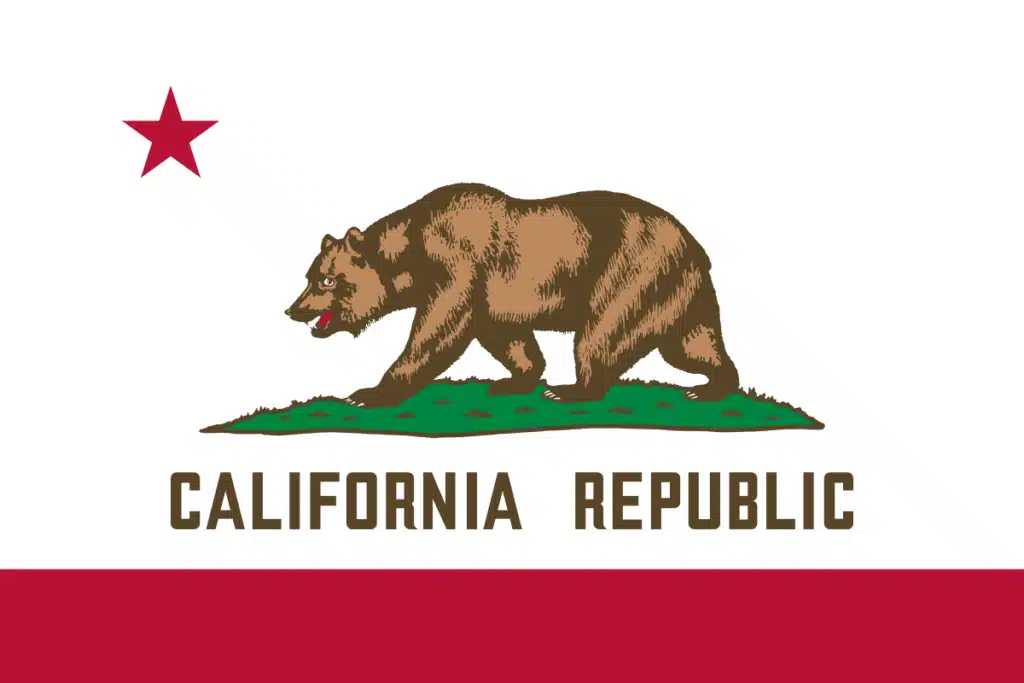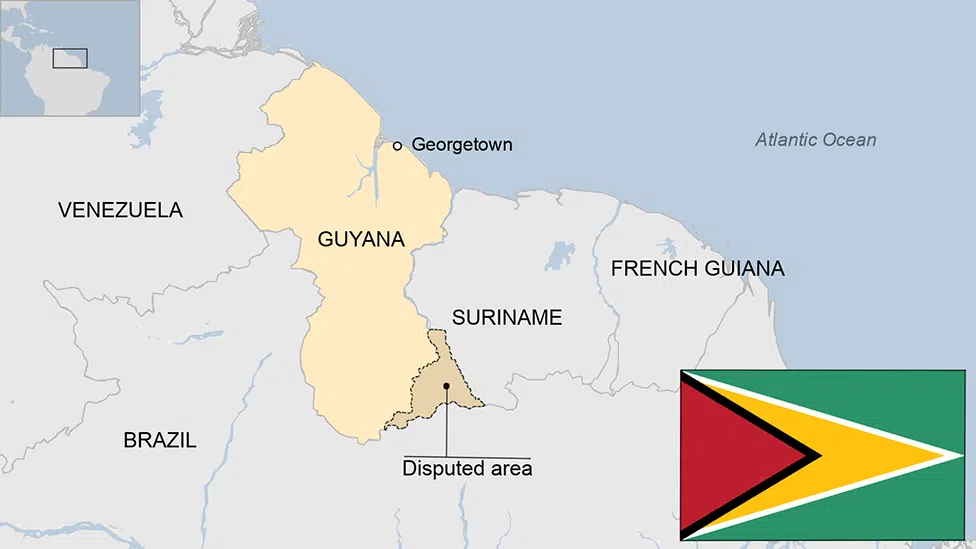
California Reparations Task Force Wants to Create Blueprint Plan for Entire Nation
Just as they have with pro-environmental regulations, pro-abortion policies and transgender initiatives, California lawmakers seek to position themselves as the governmental leaders of the nation in the fight to provide black Americans with reparations for the suffering incurred through the country’s history of slavery and other discriminatory practices.
But, in fact, those social justice aspirations may actually end up hindering the Golden State’s chances of implementing a reparations package any time soon, since any reparations legislation will need the support of a majority of other states, explains promoters of the state’s Reparations Task Force, the group charged with recommending possible reparations programs, monetary or otherwise, for state lawmakers to give African-Americans living in California for discriminatory practices and the country’s past practice of slavery — despite the fact California, admitted into the Union in 1850, was never a slave state.
“You have to make sure your recommendations are going to have lasting impact. You are addressing some of the most important issues in the state,” said California Assemblymember Shirley Weber, a Democrat from San Diego who spearheaded the task forces, said in a story by the California Globe. “We never seem to get across the line and make progress. So, California could do that. California is always the one that does the innovative things. We have the brainpower and knowledge to do this if we choose to.”
Noted fellow Assemblymember Reginald Jones-Sawyer (D-Los Angeles), “I genuinely believe as California goes, so goes the rest of the country…And so, our reparations task force … will be the benchmark that every state that’s looking into this, every city, municipality across the country, and then the national discussion will take what we put together, our blueprint, and then try to determine as a base what the national reparations should be.”
And therein lies the challenge, because many of the other states in the country are not known to be nearly as liberal as California, nor as accepting of the types of solutions the task force has entertained over the last few years.
While initially including all people of African descent in the reparations process, the task force voted in March 2022 to limit the possible reparations to those who are African American descendants of enslaved persons or free black persons living in the U.S. prior to the end of the 19th century.
In June of last year, the task force released its first report, which recommended reparations that included home buying assistance, free college tuition and business grants. Then, in early last December, the task force released an estimate of $569 billion, leading to uproar and the threat of lawsuits if the number held.
With the public now largely against such a high $569 billion total payment, the Task Force met last Friday, July 29, to see
what payments may be feasible.
When the Reparations Task Force met earlier this month for a series of meetings over two days at San Diego State University, the state’s Secretary of State Shirley Weber stressed that the Force needs to come up with a “game changer” recommendation by the time the reparations proposal is due in July.
The California Reparations Task Force’s five member economic consultant team concluded that under the initiative, qualifying black state residents could qualify for $223,200 per person.
That didn’t sit well with civil rights activist Rev. Tony Pierce, who addressed the task force during the two-day session and objected to the notion of puting restrictions on the cash payouts.
“There should be no residency requirements for California! We have to encourage our people to come back to California! What better way to encourage our people to come back to California if we have no requirements?” pierce said, adding, “How will reparations be paid? Immediately!”
After his time before the panel had expired, Pierce yelled, “And $200,000 is not enough! $223,000 is not enough!”
In December, one attendee at a task force meeting called for $350,000 to be handed out to eligible individuals.
Marcus Champion, a California resident and member of the Civil Justice Association of California, asserted the reparations should include “direct cash payments, tax-exempt status, free college education, grants for home ownership, business grants, access to low to no business funding and capital.”
Meanwhile, members of the San Francisco Board of Supervisors are considering a plan to give qualified black city residents $5 million each, along with full debt forgiveness.
Any reparations plan must first pass the California Legislature, where many observers expect a majority of republican and Democrat lawmakers will reject the task force’s recommendations, based on the high cost of the measure, as well as the convoluted way of determining program eligibility.
“The Task Force has lost a lot of momentum from when it was originally passed, and 68% of Americans oppose reparations, with majority support against them coming from all age demographics, all political demographics, and all levels of education,” legal adviser Richard Weaver told the California Globe. “California’s numbers are a bit skewed since California leans more than other states and has a much lower African-American percentage than other states as well, but even there the majority oppose them.
“So that’s the hurdles right now. They are deeply unpopular, and the Task Force would need to create some sort of all-pleasing proposal to even have a chance,” he continued. “Even if they have it passed in both houses and Newsom signs it, they then have to contend both with groups wanting to block it and putting it to voters, which is likely, and also legal challenges, of which there are many groups and lawyers chomping at the bit to file a lawsuit against if it is ever passed in California. This is going to be a lot of money on the line, and some lawmakers are overestimating just how liberal California can be. Remember, this is the same state that has voted down affirmative action multiple times and has dismissed reparations before.”



